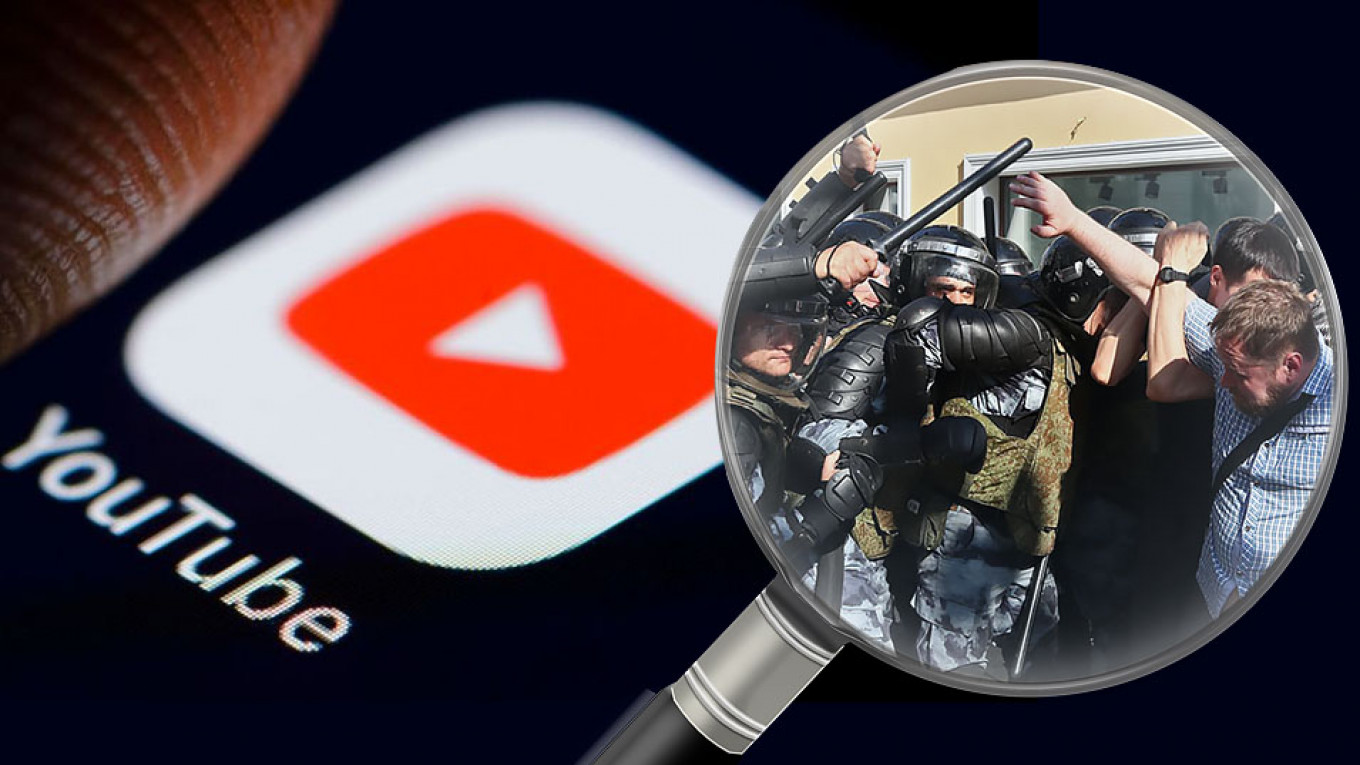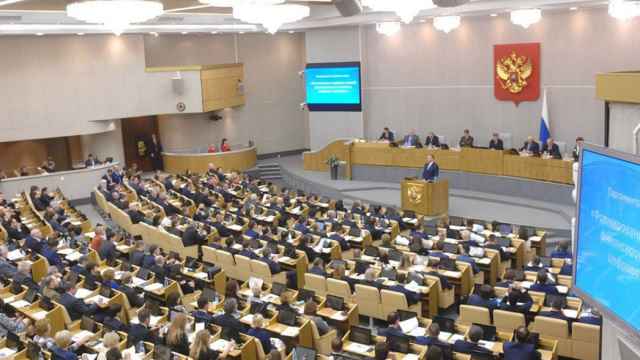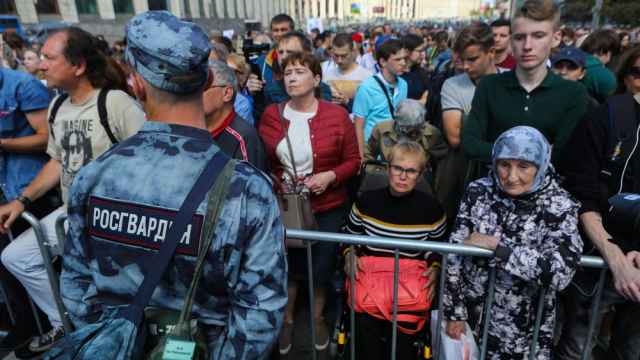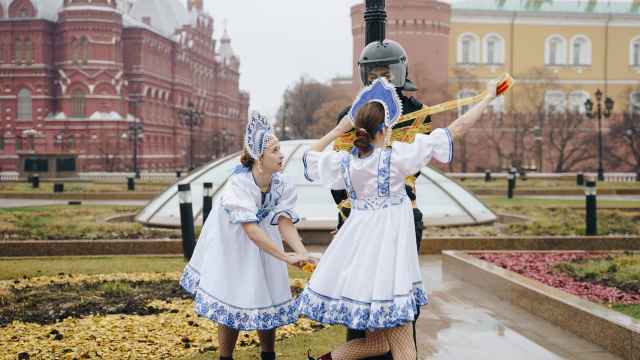Russia's state communications watchdog has asked Google to stop advertising "illegal mass events" on its YouTube video platform, it said Sunday.
Tens of thousands of Russians staged what observers called the country's biggest political protest for eight years on Saturday, defying a crackdown to demand free elections to Moscow's city legislature. Multiple YouTube channels broadcast the event live.
The watchdog, Roskomnadzor, said some entities had been buying advertising tools from YouTube, such as push notifications, in order to spread information about illegal mass protests, including those aimed at disrupting elections.
It said Russia would consider a failure by Google to respond to the request as "interference in its sovereign affairs" and "hostile influence (over) and obstruction of democratic elections in Russia."
If the company does not take measures to prevent events from being promoted on its platforms, Russia reserves the right to respond accordingly, Roscomnadzor said, without giving details.
Over the past five years, Russia has introduced tougher laws requiring search engines to delete some search results, messaging services to share encryption keys with security services, and social networks to store Russian users' personal data on servers within the country.
A Google spokesperson in Russia declined to comment Sunday.
Moscow has a track record of putting regulatory pressure on Google, one of the main rivals of Russian internet search company Yandex.
In late 2018, Russia fined Google 500,000 rubles ($7,663) for failing to comply with a legal requirement to remove certain entries from its search results.
Earlier that year, Google removed a YouTube advert by Russian opposition leader Alexei Navalny after authorities complained that the videos violated a law prohibiting campaigning ahead of a vote for regional governors.
A Message from The Moscow Times:
Dear readers,
We are facing unprecedented challenges. Russia's Prosecutor General's Office has designated The Moscow Times as an "undesirable" organization, criminalizing our work and putting our staff at risk of prosecution. This follows our earlier unjust labeling as a "foreign agent."
These actions are direct attempts to silence independent journalism in Russia. The authorities claim our work "discredits the decisions of the Russian leadership." We see things differently: we strive to provide accurate, unbiased reporting on Russia.
We, the journalists of The Moscow Times, refuse to be silenced. But to continue our work, we need your help.
Your support, no matter how small, makes a world of difference. If you can, please support us monthly starting from just $2. It's quick to set up, and every contribution makes a significant impact.
By supporting The Moscow Times, you're defending open, independent journalism in the face of repression. Thank you for standing with us.
Remind me later.






